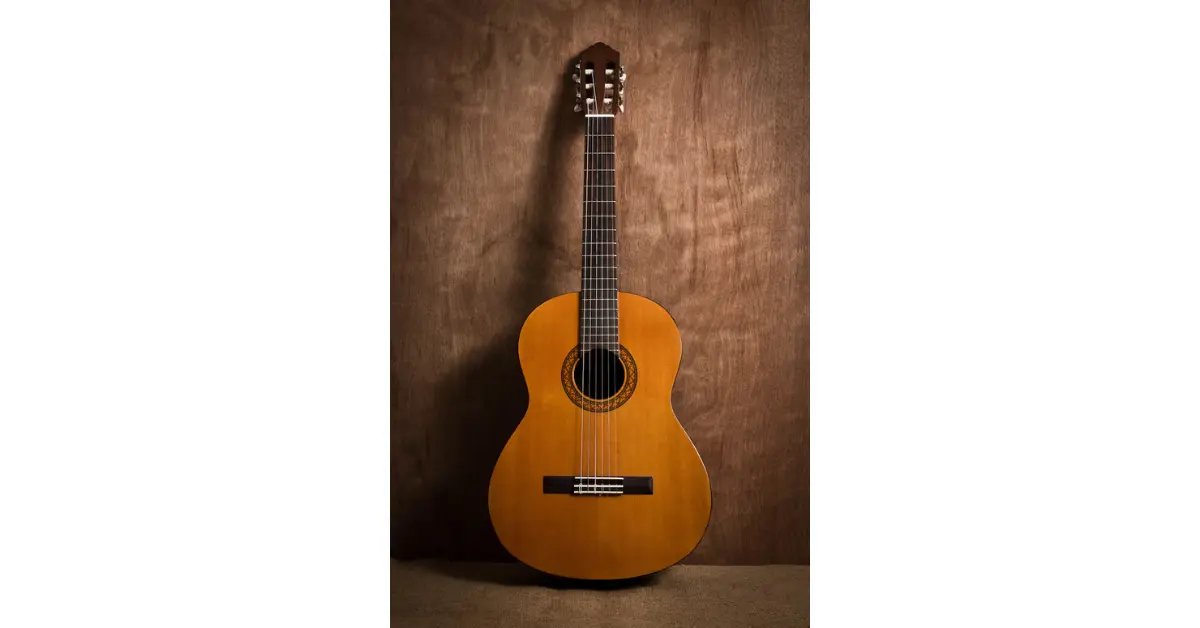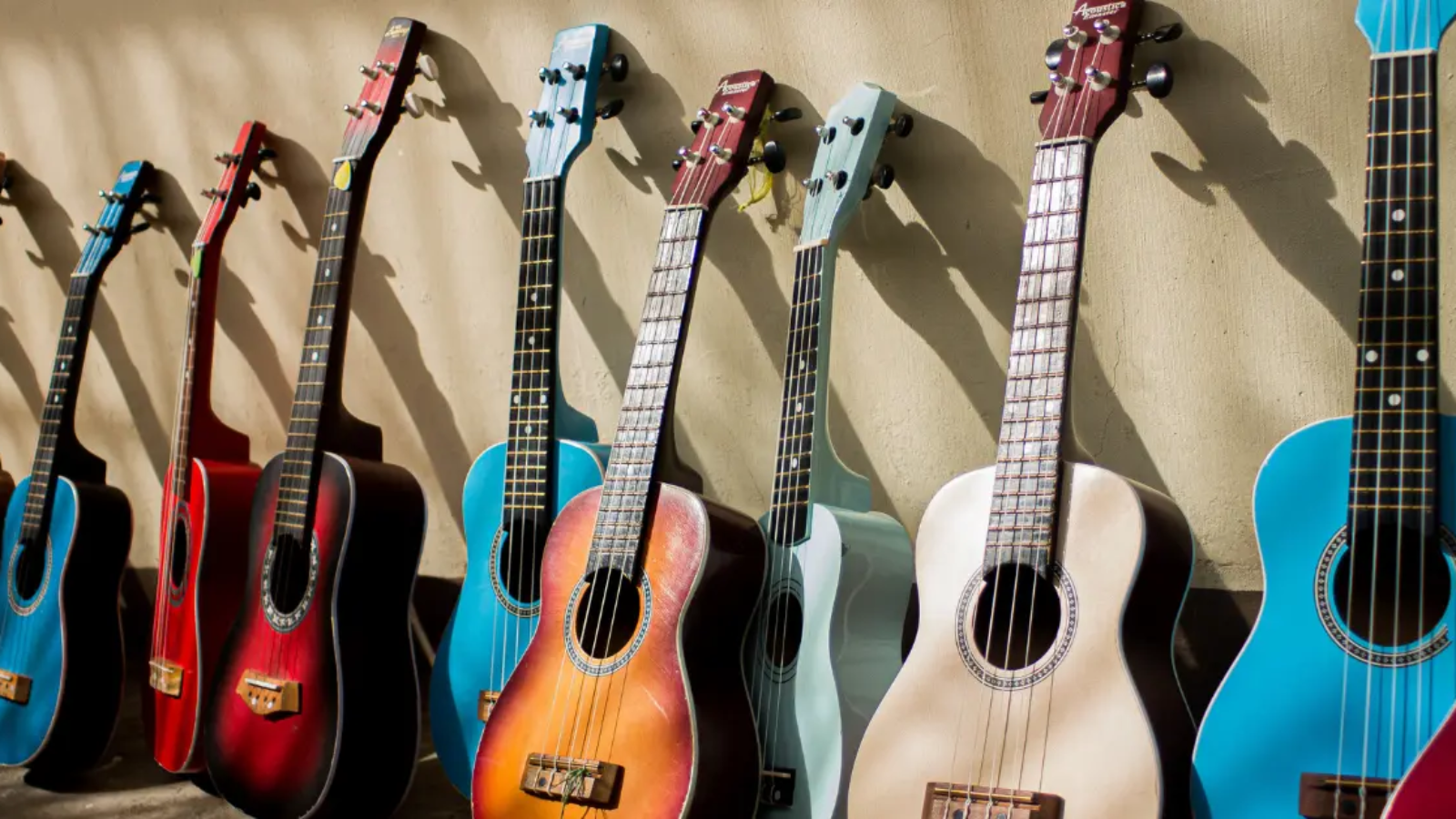Discover how to maintain your guitar for longevity with expert care tips

Your guitar is more than just an instrument—it’s a personal companion, a creative outlet, and often a major investment. Whether you’re a beginner strumming your first chords or a seasoned player performing gigs, knowing how to maintain your guitar for longevity is essential. Proper care can preserve its sound, feel, and appearance for decades. This guide walks you through expert tips and practical routines to keep your guitar in peak condition, ensuring it continues to inspire you for years to come.
1. Understand the Materials of Your Guitar
Each guitar is crafted from different tonewoods and materials that respond to environmental conditions uniquely.
a. Know Your Wood Type
Mahogany, rosewood, spruce, and maple all react differently to temperature and humidity. Understanding this can help you make better decisions about storage and cleaning.
b. How Wood Affects Durability
Over time, neglecting wood care can lead to warping, cracking, or swelling. This impacts playability and tone.
c. Finish Type Matters
Guitars have various finishes like nitrocellulose or polyurethane. Each requires specific cleaning products.
2. Cleaning Your Guitar Properly
Routine cleaning goes a long way in maintaining a guitar’s look and sound.
a. Wipe Down After Each Session
Use a soft, lint-free cloth to remove sweat, oils, and dust from the strings, fretboard, and body.
b. Deep Cleaning
Every few weeks, use a cleaner specifically made for your guitar’s finish. Avoid household cleaners.
c. Fretboard Conditioning
For rosewood or ebony fretboards, apply a fretboard conditioner (like lemon oil) sparingly once or twice a year.
3. Changing Strings Regularly
Strings influence tone and playability. Worn-out strings affect performance and can damage your fretboard.
a. Signs You Need New Strings
Dull sound, difficulty staying in tune, or visible rust are indicators it’s time to change.
b. How Often to Change Strings
For regular players, every 2-4 weeks is recommended. Occasional players can go 1-2 months.
c. Proper String Removal
Always remove strings one at a time to maintain neck tension and avoid warping.
4. Maintaining Tuning Hardware and Bridge
Your guitar’s mechanical parts also need care.
a. Tighten Tuning Pegs
Loose tuning machines can affect tuning stability. Use a screwdriver carefully to adjust them.
b. Lubricate the Nut and Bridge
A little graphite (from a pencil) on nut slots can prevent string binding and tuning issues.
c. Clean the Bridge
Use a soft brush or dry cloth to remove dust and grime around the bridge and saddle
.
5. Adjusting the Neck and Truss Rod
This should be done with care, as improper adjustments can damage the guitar.
a. Identify Neck Issues
Too much neck bow can cause string buzz. Too little can make the action too high.
b. Use the Right Tool
Truss rod adjustments should be minimal—an eighth of a turn at a time.
c. Seek Professional Help
If unsure, consult a guitar tech to avoid permanent damage.
6. Storing Your Guitar the Right Way
Where and how you store your guitar directly impacts its longevity.
a. Use a Hard Case or Gig Bag
Avoid leaving your guitar exposed. A quality case protects it from humidity and physical damage.
b. Avoid Extreme Temperatures
Keep your guitar in a climate-controlled environment. Avoid car trunks, radiators, and direct sunlight.
c. Use a Guitar Stand or Wall Mount
If displaying your guitar, ensure the stand has rubber or foam that won’t react with the finish.
7. Humidity Control and Its Importance
Wood instruments are sensitive to humidity changes.
a. Ideal Humidity Range
Keep your guitar between 45–55% humidity.
b. Use a Humidifier/Dehumidifier
Place a soundhole humidifier in your acoustic guitar during dry seasons. Use a room humidifier or silica gel for storage in humid areas.
c. Watch for Symptoms of Poor Humidity
Low humidity causes cracks and sharp fret ends; high humidity results in swelling and high action.
8. Polish and Cosmetic Maintenance
Appearance matters—not just for looks, but for value and preservation.
a. Use Guitar Polish
Apply high-quality polish with a microfiber cloth to the body—never on the fretboard.
b. Avoid Over-Cleaning
Polishing too often can damage finishes. Do this once every few months.
c. Fixing Minor Scratches
Micro-scratches can be buffed out using polish, but deeper ones may require professional repair.
9. Protecting Electronics (for Electric Guitars)
Electric guitar components need occasional maintenance too.
a. Clean the Input Jack
Use contact cleaner on the jack to remove dust and ensure clear signal transmission.
b. Check Wiring and Pickups
Loose wiring can cause noise. Inspect and tighten connections if needed.
c. Avoid Moisture Exposure
Store electric guitars away from damp spaces to prevent corrosion.
10. Schedule Professional Check-Ups
Like cars, guitars benefit from regular professional checkups.
a. Annual Setup
Have a luthier or technician do a full setup once a year—this includes action adjustment, neck check, and intonation.
b. Fret Dressing
Over time, frets wear down. A fret dress restores smooth playability.
c. Spotting Hidden Issues
Pros can detect early signs of structural issues that you might miss.
Conclusion
Taking care of your guitar isn’t just about maintaining an instrument—it’s about preserving your musical journey. With just a few minutes of attention every time you play, you can ensure your guitar remains in excellent condition for years, maybe even a lifetime. Remember, consistency is key. Whether it’s wiping down the strings, storing it in a safe place, or changing strings regularly, each small step contributes to the bigger goal: ensuring your guitar stays as beautiful and playable as the day you first picked it up. Now that you know how to maintain your guitar for longevity, you’re set to enjoy a long and melodious relationship with your six-string companion.
At NMS Musicals, we offer a comprehensive range of musical instruments, including percussion, string, wind, and keyboard instruments. Our services encompass sales, expert servicing, and the manufacture of leather instruments. Explore our diverse collection and find the perfect instrument to suit your musical needs.
Visit our website to browse our offerings: nmsmusicals.in
For a closer look at our products, check out our shop page: nmsmusicals.in/shop
Stay connected with us through our social media channels:
- Facebook: https://www.facebook.com/nmsmusicalinstruments/
- Instagram: https://www.instagram.com/nmsmusicals/?hl=en
- YouTube: youtube.com/@nmsmusicals
Our shop locations are:
- Puducherry: 149, Perumal Koil Street, Heritage Town, Puducherry, 605001.
Map Link: https://maps.app.goo.gl/ejDwBBFEJmd3szxk7 - Chennai: No: 1, 1st Floor, Kandigai Street, TVS Nagar, Korattur, Chennai – 600076.
Map Link: https://maps.app.goo.gl/7oXmB6X7KQsqeuuw9
For inquiries, contact/Whatsapp us at 9500663895 or email us at laxman.m89@gmail.com.
Discover the world of musical instruments with NMS Musicals today!
For a visual overview of our percussion instruments, watch the following video:


 Cart is empty
Cart is empty 
Leave A Comment
You must be logged in to post a comment